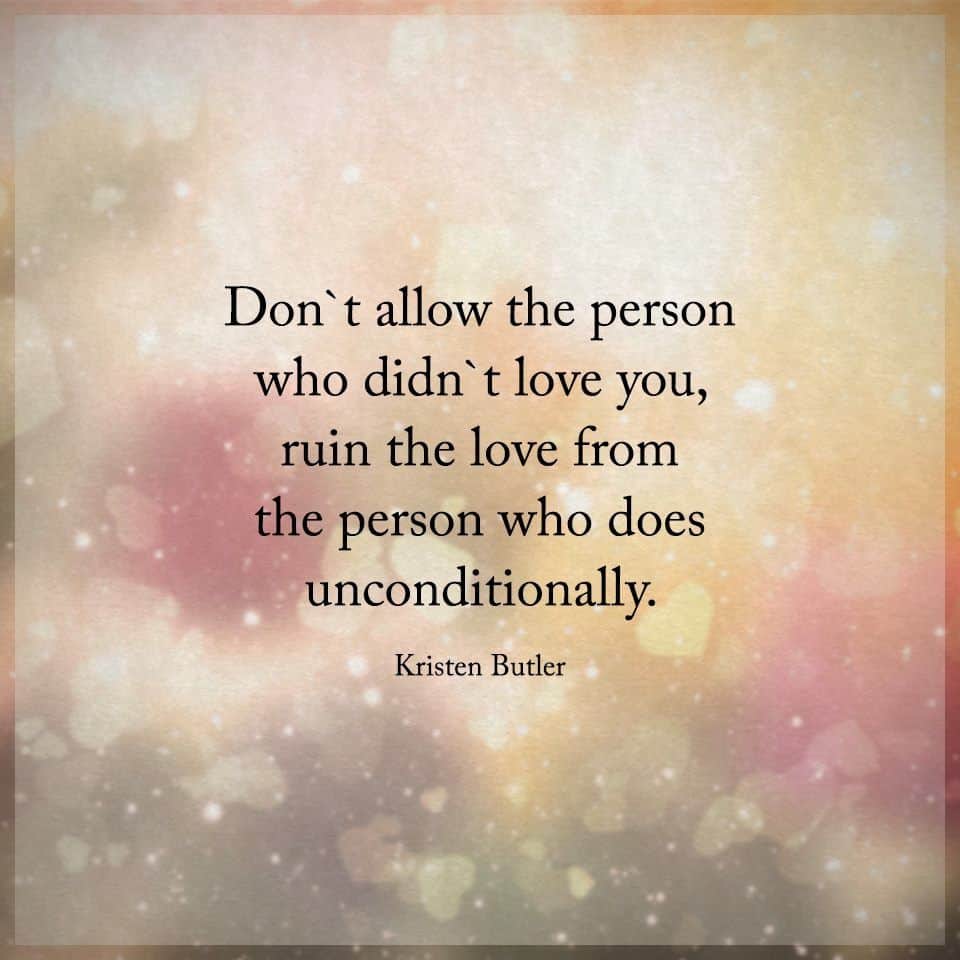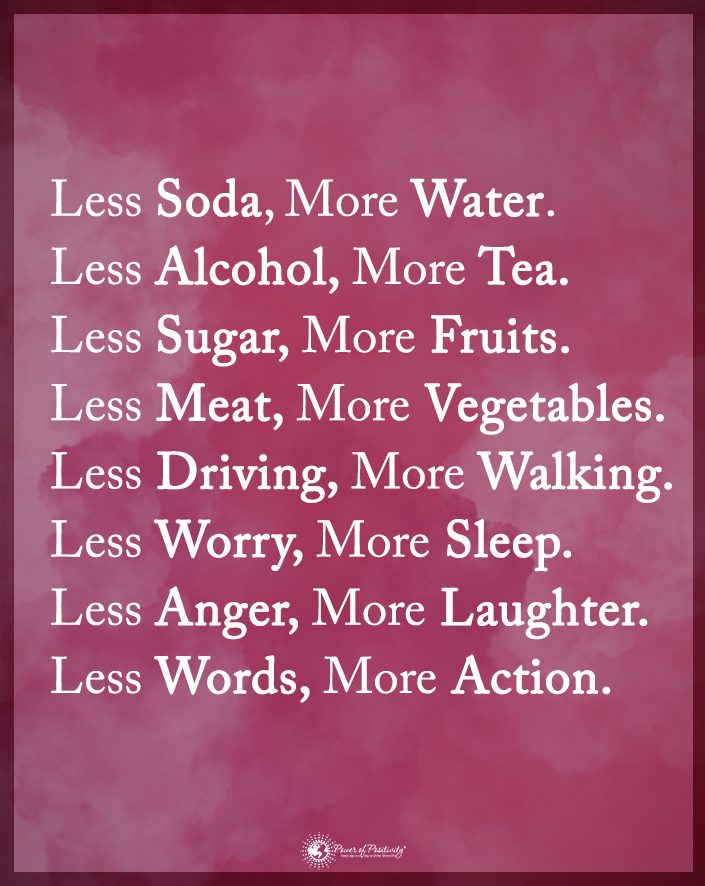Here’s how to tell you are an emotional eater.
Emotional eating is a common experience for many individuals. It’s turning to food for comfort or stress relief. For others, it becomes a reward for an emotional eater rather than a way to satisfy hunger. Understanding the signs of emotional eating and learning to manage it is crucial for maintaining physical and mental health.
This article will explore the ten signs of emotional eating and provide practical advice on addressing this habit.
Understanding Emotional Eating
Before diving into the signs, it’s important to understand emotional eating. It’s not about the occasional indulgence in a favorite treat. Rather, it is a chronic response to emotions. Whether it’s stress, boredom, sadness, or even happiness, food becomes a way to deal with one’s feelings. Indeed, it is no longer just a source of nourishment.
What Causes Emotional Eating?
Emotional eating, a common behavior where individuals turn to food for comfort, stress relief, or as a reward rather than for physical hunger, can be triggered by various factors. Understanding these causes is crucial in addressing and managing this behavior. Here are some of the primary causes of emotional eating:

- Stress: When stressed, your body produces higher cortisol levels, which can increase one’s appetite. It can also increase cravings for sugary, fatty, or salty foods. These foods are often considered comfort foods because they appear to counteract stress.
- Managing Emotions: Many people use food to suppress or soothe negative emotions like sadness, anger, frustration, boredom, or loneliness. Eating can distract from these feelings or a way to feel better momentarily.
- Habitual Behavior: Sometimes, emotional eating is simply a learned habit. For instance, if you grew up in an environment where food was consistently used as a reward or comfort, you might naturally turn to eating to cope with emotions as an adult.
- Psychological Factors: Issues such as low self-esteem, depression, and anxiety can contribute to emotional eating. Food can temporarily fill emotional voids or help distract from painful emotions.
- Social Influences: Social gatherings often revolve around food, and social pressure or food association with certain activities can prompt emotional eating. For example, you might overeat in social settings for fear of offending someone or to fit in with the group.
- Boredom or Lack of Stimulation: You might turn to food for a sense of purpose or excitement when bored or lacking stimulation. Eating can provide a temporary occupation and source of enjoyment.
- Physical Triggers: Sometimes, what appears to be emotional eating can be tied to physiological cues. For example, irregular eating schedules or diets that lack certain nutrients can lead to intense cravings, which may be misinterpreted as emotional eating.
- Conditioned Responses: Emotional eating can also be a conditioned response to certain environments or situations. For example, if you always eat when watching TV, you might start to associate the two activities and feel compelled to eat every time you sit down to watch something, regardless of hunger.
- Lack of Coping Skills: If you have not developed healthy coping mechanisms for dealing with emotions or stress, you might turn to food as an easy, accessible way to manage these feelings.
- Unrealistic Dieting: Strict or unrealistic dieting can lead to feelings of deprivation increasing emotional eating. When people feel they’ve broken their diet rules, they might overeat in response to feelings of failure or guilt.
Recognizing the underlying causes of emotional eating is the first step in addressing it. So once they know these triggers, individuals can work towards developing healthier coping mechanisms and a more balanced relationship with food.
Ten Signs of Emotional Eating
Do you recognize these signs in yourself or someone you love? If you suspect you have an eating disorder, be sure you seek guidance from your doctor.

Sign 1: Eating When Not Physically Hungry
One of the primary signs of emotional eating is reaching for food when you’re not physically hungry. You might find yourself eating out of habit or as a reaction to an emotional trigger, even when your body doesn’t need food.
Sign 2: Craving Specific Comfort Foods
Craving specific foods, particularly those high in sugar, fat, or carbohydrates, is a common sign of emotional eating. These foods often provide temporary comfort or pleasure, which can be appealing when dealing with difficult emotions.
Sign 3: Eating in Response to Emotions
Do you eat more when feeling stressed, anxious, or sad? Emotional eaters often use food as a coping mechanism for managing their emotions. However, the eating can lead to a binge and cause regret later.
Sign 4: Eating Secretly or in Isolation
Eating alone or in secret because you feel embarrassed or guilty about what or how much you’re eating might be a sign of emotional eating. People may notice some weight fluctuations. But they have no idea of the extent of the issue.
Sign 5: Feeling Out of Control While Eating
A sense of loss of control while eating, such as feeling unable to stop eating or eating past the point of fullness, is a hallmark of emotional eating. The emotional eater may recognize the overindulgence. Still, they either feel unprepared to stop or don’t know how.
Sign 6: Eating to the Point of Discomfort
Emotional eating can often lead to eating so much that you feel uncomfortably full, a sign that you’re not eating in response to physical hunger.
Sign 7: Feelings of Regret, Guilt, or Shame After Eating
If eating leads to negative feelings, such as regret, guilt, or shame, the eating is more emotionally driven than physically necessary.
Sign 8: Regularly Using Food as a Reward
Of course, it’s customary to occasionally treat yourself, such as a celebratory meal after a job promotion. However, regularly using food as a reward mechanism can be an early sign of emotional eating.
Sign 9: Fluctuations in Weight
Emotional eating can lead to weight fluctuations. This number movement on the scale is often due to inconsistent eating patterns and choices. It’s associated with eating in response to feelings rather than hunger.
Sign 10: Food Dominates Your Thoughts
If thoughts about food dominate your day or you spend a lot of time regretting eating decisions, it might be a sign of emotional eating.

Addressing Compulsive Eating Habits
Recognizing the signs of an emotional eater is the first step toward addressing it. Here are some strategies to help you manage this issue and develop healthier eating habits:
- Identify Your Triggers: Understanding what triggers your emotional eating is crucial. Is it stress, boredom, loneliness, or something else? Identifying these triggers can help you develop other ways to cope with your emotions.
- Find Alternative Coping Mechanisms: Once you know your triggers, find other ways to deal with them. This coping could be through exercise, meditation, hobbies, or talking to a friend or therapist.
- Practice Mindful Eating: Mindful eating involves paying full attention to the experience of eating and drinking. It means noticing the colors, smells, textures, and flavors of your food and the thoughts and feelings that arise while eating.
- Keep a Food Diary: Keeping a food diary can help you become more aware of your eating habits and emotional triggers. Write down what you eat, how much, when, and how you feel when eating.
- Plan Your Meals: Planning your meals can assist you in making healthier choices and avoiding impulsive eating decisions in response to emotions.
- Seek Professional Help: If emotional eating significantly impacts your life, consider seeking support from a healthcare professional. You may count your primary care physician as your first resource. They may refer you for additional care, such as seeing a therapist or dietitian.
Be Kind to Yourself, Says a Leading Authority
According to David Creel, Ph.D., a psychologist with the Cleveland Clinic, emotional eating is very common. But even when one slips up, it is still essential to be kind to yourself.
“What benefit do we have by beating ourselves up? People will say, ‘Well if I’m not hard on myself, I’m not going to change.’ And actually, the literature supports the opposite. When we’re able to show ourselves a bit of grace and self-compassion, we can say, ‘Hey, although I’m not happy I did this, I look at some of the factors that maybe led to it, and I can change that in the future.’” – Dr. David Creel, Ph.D.
How to Replace Emotional Eating With Healthier Rewards
Replacing food-based rewards with healthier alternatives is an excellent strategy to avoid emotional eating and maintain a balanced lifestyle. Here are some rewarding and fulfilling alternatives that can serve as effective substitutes:
- Self-Care Activities: Engage in self-care activities like taking a long bath, getting a massage, or having a spa day at home. These activities can be deeply relaxing and rewarding.
- Hobbies and Creative Pursuits: Spend time on a hobby or creative activity you enjoy, like painting, crafting, gardening, playing a musical instrument, or writing. These activities are not only rewarding but also help in expressing creativity and reducing stress.
- Physical Activities: Reward yourself with a physical activity you enjoy. Try a yoga class, a dance session, a hike in nature, or a round of golf. Physical activity boosts endorphins, which naturally elevate your mood.
- Social Interactions: Plan a fun outing with friends or family. Socializing can be a great way to reward yourself, offering emotional support and strengthening relationships.
- Educational Experiences: Attend a workshop, lecture, or course on a subject you’re interested in. Learning new things can be incredibly satisfying and a great way to reward yourself.
- Leisure Time: Allow yourself some uninterrupted time to read a book, stream a favorite movie or TV show, or relax without any agenda. Sometimes, doing nothing can be a real treat.
- Mindfulness and Relaxation: Practice mindfulness or meditation. These practices not only serve as a reward but also help in managing stress and emotions more effectively.
- Personal Pampering: Get a new haircut manicure, or buy a small item you want, like a new book or a gadget accessory. These small acts of pampering can be great mood lifters.
- Adventure and Exploration: Explore a new place or plan a mini-adventure, like a day trip to a nearby town, a museum, or a nature walk. Exploring new surroundings can be exciting and refreshing.
- Quality Time with Loved Ones: Spend an hour of quality time with your family or a pet. Engaging in activities together, like playing games, cooking a meal, or talking, can be deeply satisfying.
- Achievement Rewards: Set personal goals and reward yourself when you achieve them. That could be related to work, fitness, personal development, or any other area of your life.
- Rest and Relaxation: Sometimes, the best reward is a good night’s sleep or a cozy afternoon nap. Rest is one key to unlocking both mental and physical health.
- Cultural Experiences: Visit a theater, concert, or art exhibition. Cultural experiences can be enriching and a wonderful way to reward yourself.
- Volunteering: Give your time to a cause you care about. In fact, helping others can be incredibly rewarding and gives a sense of purpose and fulfillment.
When you start incorporating these non-food rewards into your life, you avoid emotional eating and enrich your life with diverse and fulfilling experiences. Remember, the key is to find activities that bring you joy and relaxation.

Final Thoughts on Identifying Emotional Eating and How to Manage it Better
Emotional eating is a common challenge. Still, it can be managed with awareness and the right strategies. You can have a healthier relationship with your food. As a result, you will better manage your emotions – and your emotional eating habits.
But healing starts with recognizing the signs and addressing the underlying emotions. Remember, it’s about progress, not perfection. Be kind to yourself as you navigate this journey.
The post 10 Signs of Emotional Eating (and How to Fix It) appeared first on Power of Positivity: Positive Thinking & Attitude.



